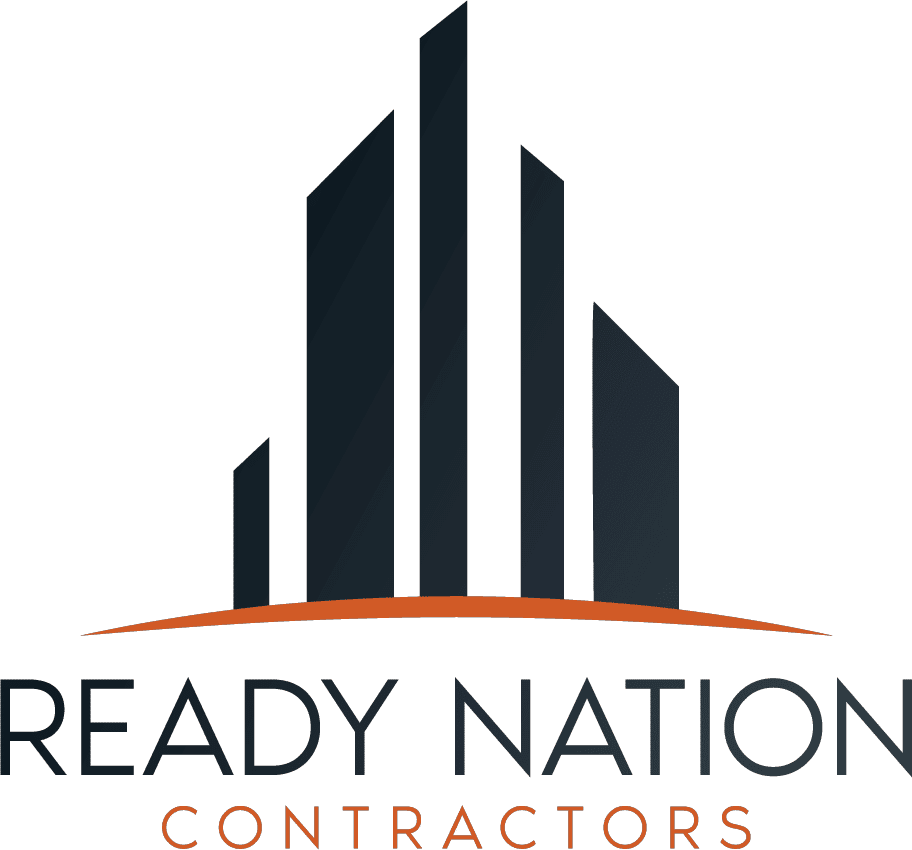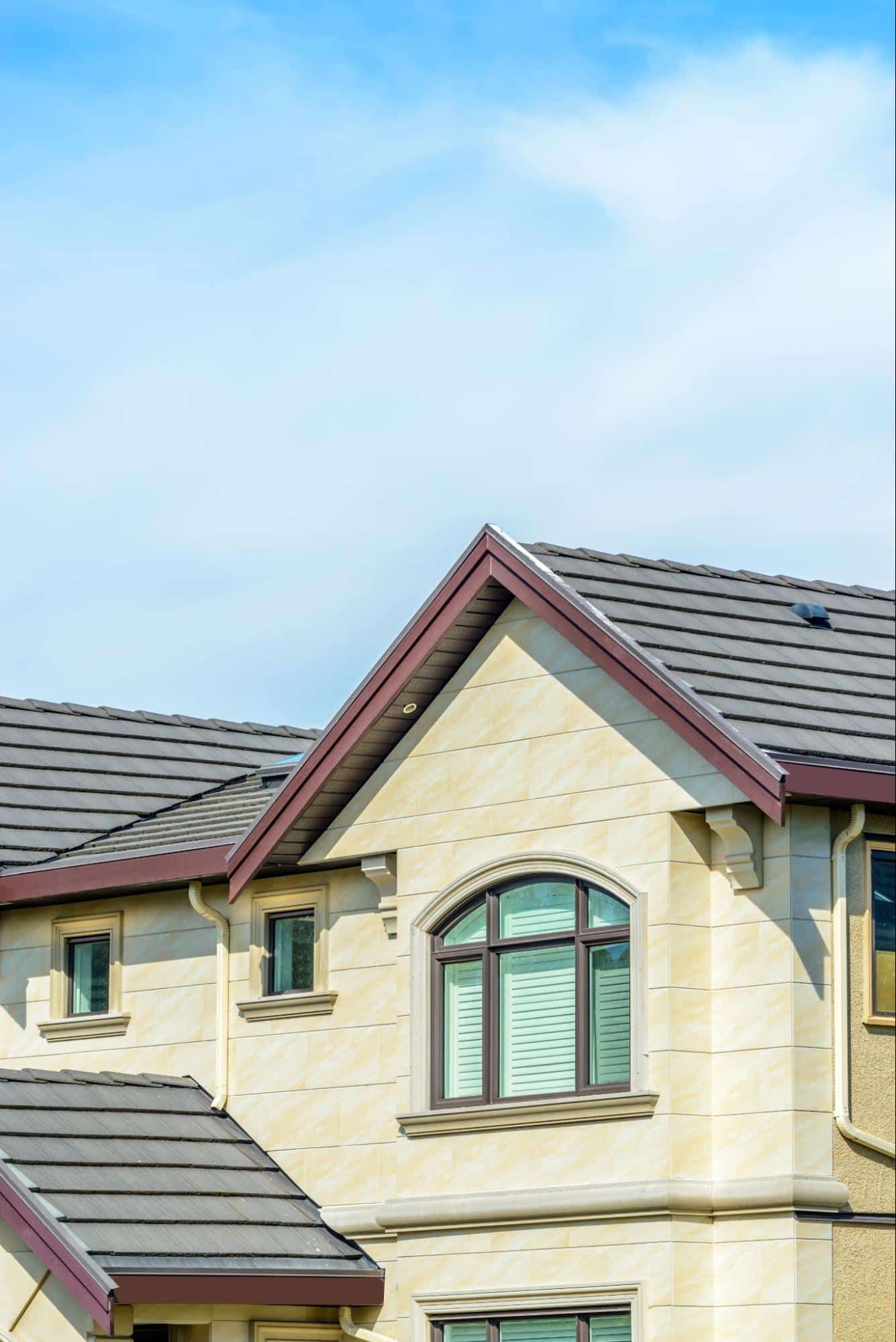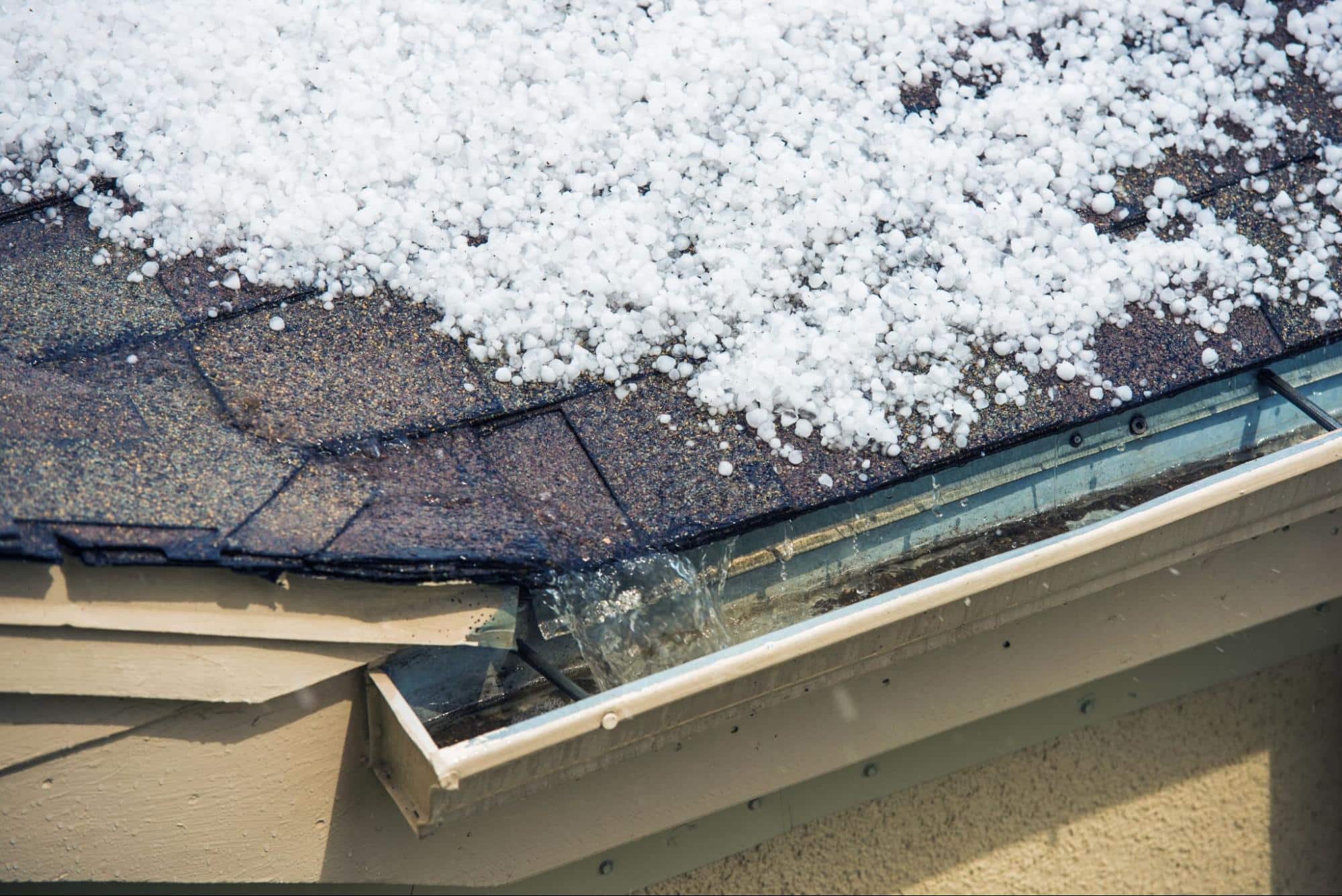Storms, heat, salt air, and hail do a number on Gulf Coast and Texas roofs. When leaks start or shingles lift, speed and skill matter. As Ready Nation Contractors (RNC US), we help homeowners and businesses find the right fit when they search for “roofing companies near me,” and we back it up with licensed crews, large‑loss capability, and 24/7 response. We’re a veteran‑owned team trusted across Florida, Louisiana, and Texas for roof inspections, repair, re‑roofing, and commercial systems.
In this guide, we’ll walk through what to look for in a local roofing company. We’ll cover the services you’re probably searching for. You’ll learn how costs and timelines typically shake out. We’ll also discuss what to consider in Tampa, Miami, Dallas, Austin, Lafayette, Odessa, and Panama City. We’ll cover materials that perform in your climate. We’ll share questions to ask and how to prep for a smooth project. When you’re ready, you can learn more about us on our About page. You can also reach our team via Contact.
What To Look For In A Local Roofing Company
Licensing, Insurance, And Warranties
We always tell neighbors: verify the basics. A reputable roofer carries state and local licenses, holds active general liability and workers’ comp, and provides written workmanship and manufacturer warranties. Ask for policy certificates and license numbers, then spot‑check them. It protects you, your lender, and your timeline. You can also check a company’s standing and complaint history with the BBB.
Local Reviews And Photo-Verified Work
Roofers should show, not just tell. We document projects with before/after photos and share references you can call. Scan recent reviews, then look for photo‑verified work and roofs in your neighborhood or similar construction. Our team showcases work on the Blog and can provide addresses (with owner permission) for you to drive by.
Storm Response And Safety Practices
Roofing around active weather requires planning. We stage tarps, shrink‑wrap, temporary dry‑in materials, and debris control. Crews should use fall protection, protect landscaping, and follow OSHA practices. Our 24/7 emergency response team mobilizes quickly for major events, coordinating with adjusters and local officials so your property is stabilized fast.
Roof Services You’re Likely Searching For

Inspections And Leak Diagnostics
A solid inspection starts on the ground, moves to the attic, then the roof. We check ventilation, flashing, penetrations, decking, and fasteners, using moisture meters and, when needed, thermal imaging. Early leak diagnostics prevent hidden damage to insulation and ceilings. Start here if you see stains or suspect uplift: book a visit through our Roof Repair page.
Repairs, Re-Roofs, And New Installs
From shingle blow‑offs to full replacements, we tailor the fix to conditions and budget. We handle residential pitched roofs and commercial low‑slope systems, plus coordinated trades through our General Contracting team. For multi‑tenant or mission‑critical facilities, our Commercial Restoration group keeps operations in mind so downtime is minimized.
Storm Damage And Insurance Claims Help
Documentation makes claims smoother. We map damage, capture hail impacts and wind creases, and produce a detailed scope. We coordinate with carriers and share best practices from the Insurance Institute for Business & Home Safety. For large events and active weather, our Storm Damage page outlines the step‑by‑step response.
Costs, Estimates, And Timing

Typical Price Ranges In Florida And Texas
Actual figures vary widely, and we don’t quote one‑size‑fits‑all numbers. Roof investment depends on roof size and complexity, material type (shingle vs. metal vs. low‑slope membranes), access and staging needs, code upgrades, decking condition, underlayment type, ventilation improvements, and local permitting. Storm surge zones, high‑wind fastening requirements, and hail‑resistant specifications also influence the bottom line.
What A Professional Estimate Should Include
A clear proposal should list:
- Scope by area: tear‑off vs. overlay, number of squares, and details on penetrations/flashing
- Materials: manufacturer, series, wind/hail ratings, underlayment type, ventilation components
- Code items: nail patterns, drip edge, starter, valley metal, and local wind‑zone requirements
- Protection: landscape covering, magnet sweep, daily cleanup, property access plan
- Warranty terms: manufacturer and workmanship durations and what’s covered
- Schedule: target start window, sequencing, and weather contingencies
- Insurance documentation and license info
We provide line‑item detail so you can compare apples to apples.
Project Timeline From Inspection To Final Walkthrough
- Day 0–2: Inspection, photos, moisture readings, and a written report
- Day 2–5: Proposal delivery, options review, and materials selection
- Permitting Window: Submittal timing varies by city: we handle it
- Production: Most residential projects complete within a few working days: commercial timelines depend on size and system
- Final: Quality control checklist, punch list, magnet sweep, and a photo‑verified walkthrough
Weather can extend timelines: we communicate daily during active work.
Local Considerations By City And Climate

Coastal Florida (Tampa, St. Petersburg, Panama City, Miami)
Salt air, windborne rain, and tropical systems demand robust fasteners, sealed flashing, and enhanced underlayments. We recommend corrosion‑resistant metals, high‑wind starter and hip/ridge components, and attic ventilation tuned to humidity. See our nearby teams via Locations and explore storm best practices on our Storm Damage page.
Central And West Texas (Dallas, Austin, Odessa)
Hail and big temperature swings stress shingles and metal panels. Impact‑rated systems and proper substrate prep matter. We evaluate decking, specify hail‑resistant shingles or metal thickness, and detail valley/penetration protection. For low‑slope sections, we design membranes with heat tolerance and reinforced seams.
Lafayette And Gulf Coast Storm Patterns
Gulf moisture plus convective storms call for sealed roofs with secure edge metal and balanced ventilation to manage heat and humidity. We stage emergency dry‑ins and coordinate regional supply lines so materials flow even when demand spikes. You can reach our team fast via Contact.
Roofing Materials That Perform In Your Area
Asphalt Shingles And Wind Ratings
Modern shingles vary widely. We look for high wind ratings with enhanced starter, six‑nail patterns, and reinforced nailing zones. In coastal or open‑terrain sites, fastener patterns and hip/ridge specs are just as important as the shingle brand.
Metal Roofing For Hail And Salt Air
Properly specified metal excels against hail and resists salt corrosion when paired with marine‑grade coatings and stainless fasteners. We verify panel gauge, clip spacing, and underlayment. Edge metal and penetrations must be engineered for uplift resistance.
Flat Roof Systems For Low-Slope Homes
Low‑slope sections on homes and commercial buildings benefit from membranes like TPO, PVC, or modified bitumen. We design for drainage, detail tapered insulation if needed, and integrate rooftop mechanicals. Explore options with our HVAC and Commercial Restoration teams when equipment curbs are involved.
How To Vet Roofers Before You Call

Ten Questions To Ask During An Estimate
Before committing to a roofing contractor, prepare a list of essential questions to ask during your estimate. Start by confirming whether they are licensed and insured in your specific city or county. Inquire about the wind and hail ratings that their recommended materials carry, as this is crucial for storm-prone areas. Ask about their plan to protect your landscaping and interiors during the project.
Find out who will supervise the crew on site each day to ensure accountability. Discuss how they will handle decking replacement if damage is uncovered during the tear-off. Clarify what ventilation changes are included in the project scope. Ask how they document the job, whether through photos, daily logs, or a final report. Make sure you understand what workmanship and manufacturer warranties apply to your new roof. Discuss their process for managing weather delays and how that affects your timeline.
Finally, request to see recent, local projects similar to yours to verify their work quality and experience.
Red Flags And Scams To Avoid
Be vigilant for warning signs that may indicate an unreliable or fraudulent contractor. Watch out for vague estimates that lack materials or scope detail, as this can lead to disputes and unexpected costs later. Be wary of high-pressure tactics that push you to sign today for a “special” that isn’t provided in writing.
Never work with a contractor who cannot provide proof of insurance or shows reluctance to share policy certificates. Avoid paying large cash amounts upfront or writing checks to an individual rather than a registered business.
Be especially cautious of contractors with out-of-area plates and no local references during high-activity storm periods, as these may be fly-by-night operations looking to exploit disaster situations. Use trusted resources like the Florida Division of Emergency Management and FEMA for recovery guidance and contractor tips.
Preparing Your Home For The Crew
Before our crew arrives, there are a few steps you can take to ensure a smooth installation process. Start by moving vehicles from the driveway and clearing any patio or yard items that might be in the way. Inside your home, cover attic storage and move fragile items from walls and shelves to protect them from vibration. It’s also helpful to mark sprinkler heads and pet areas, and let us know about any gate codes we’ll need for access. Keep in mind that roof replacement involves some noise and vibration, but we’ll keep you posted with daily updates throughout the project.
When applicable, we coordinate trades through General Contracting so roofing, gutters, and interior fixes line up without gaps.
Conclusion
Searching “roofing companies near me” should lead you to a team that’s local, credentialed, and equipped to work in your climate. We bring licensed roofers, emergency mobilization, and photo‑verified quality to homes and commercial properties across Tampa, Miami, St. Petersburg, Panama City, Dallas, Austin, Lafayette, and Odessa. Whether you need leak diagnostics, a re‑roof, or help coordinating a complex project, we’re ready to help.
Explore solutions and schedule an inspection here: For roof repairs and replacements, visit Roof Repair. If you’re dealing with moisture and interior recovery needs, check out Water Damage. For severe weather support, we offer Storm Damage and Emergency Response services. Our commercial and industry expertise can be found at Commercial Restoration and Industries Served. To find a crew near you, visit our Locations page.
When you want clear estimates, strong warranties, and a clean jobsite, count on Ready Nation Contractors. Let’s protect your property and keep it performing season after season.
Frequently Asked Questions
What areas do you serve?
We serve homes and commercial properties across Tampa, Miami, St. Petersburg, Panama City, Dallas, Austin, Lafayette, and Odessa with licensed roofers ready for emergency mobilization.
What roofing services do you offer?
We provide roof repairs, full re‑roofs, leak diagnostics, storm damage restoration, emergency response, and commercial roofing services with photo‑verified quality control.
Are your roofers licensed and insured?
Yes, all our roofing crews are fully licensed, insured, and trained to work in your local climate with proper credentials and certifications.
Do you offer emergency roofing services?
Absolutely. We provide 24/7 emergency response and rapid mobilization for storm damage, leaks, and urgent roofing issues that can’t wait.





